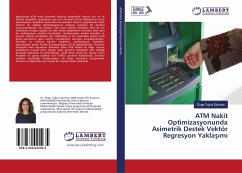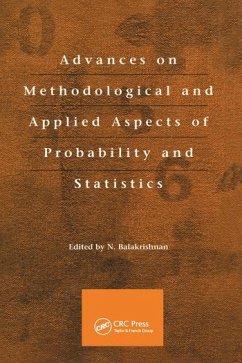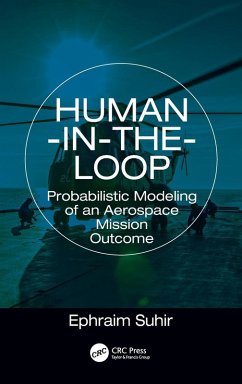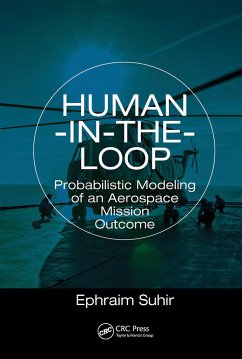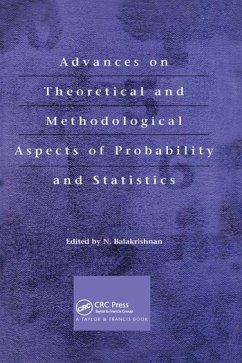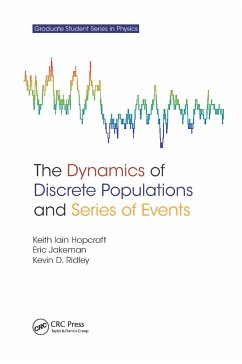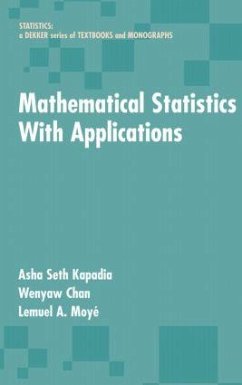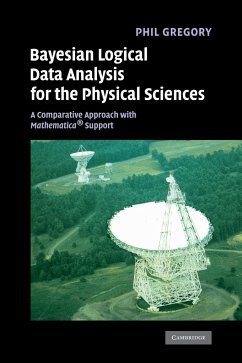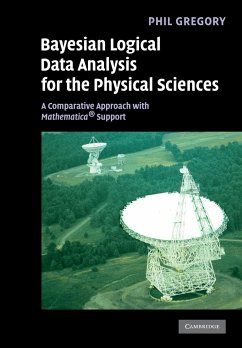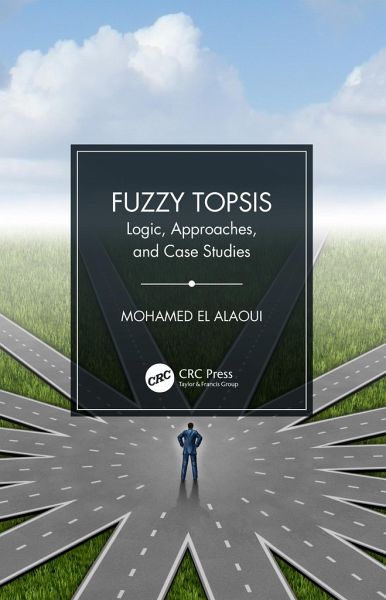
Fuzzy TOPSIS
Logic, Approaches, and Case Studies
Versandkostenfrei!
Versandfertig in 1-2 Wochen
185,99 €
inkl. MwSt.
Weitere Ausgaben:

PAYBACK Punkte
93 °P sammeln!
This book aims to justify the use of fuzzy logic as a logic and an uncertainty theory in the decision-making context. It also discusses the development of the TOPSIS method (Technique for Order of Preference by Similarity to Ideal Solution) with related examples and MATLAB codes. This is the first book devoted to TOPSIS.




